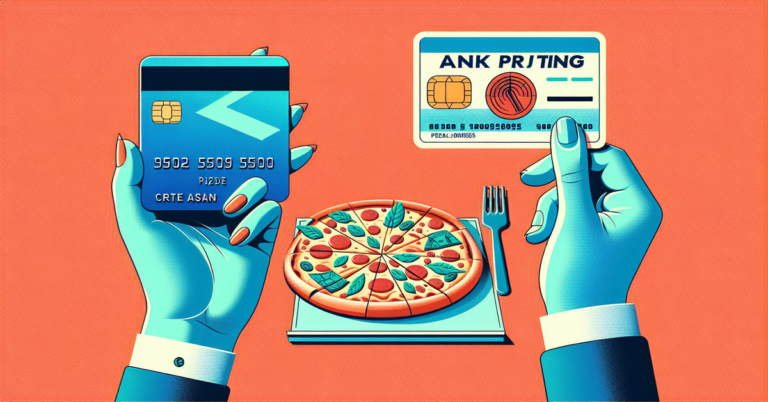Can You Get Bank Statements From a Closed Account
You might think it's impossible to get bank statements from a closed account, but that's not the case. Most banks retain records for several years, allowing you to access those important documents even after your account has been shut down. To start the process, you'll need to reach out to your former bank, but there are specific steps and requirements you should be aware of. Understanding these can save you time and guarantee your personal information stays secure, so let's explore what you need to know.
Understanding Closed Bank Accounts
Understanding closed bank accounts can help you navigate financial records and avoid potential pitfalls. When an account is closed, it's crucial to know that the bank retains your transaction history for a limited period. This means you might still need access to past statements for tax purposes or financial planning. Be aware that closed accounts can affect your credit score, especially if there were outstanding debts. It's a good idea to keep track of any automatic payments linked to that account to prevent missed payments. Always make sure you've updated your financial information with any services that previously used your closed account. Staying informed about the status of your accounts can help you maintain a secure financial future.
Accessing Statements After Closure
If you need to access bank statements from a closed account, it's important to know how to request them from your former bank. First, make sure you have your account details handy, like the account number and any identification required. Most banks maintain records for several years, so they should be able to provide you with the statements you need. Remember, security is vital—never share personal information via unsecured channels. You may have to verify your identity through various means, such as answering security questions or providing identification. Be patient, as the process might take some time. Once you receive your statements, review them carefully to make certain they're accurate and secure them in a safe place for your records.
Contacting Your Bank
To get your bank statements from a closed account, start by reaching out to your former bank directly. It's vital to contact them through their official channels, like their customer service number or secure online messaging. Make sure you have your personal details handy, such as your Social Security number or any account information they might need to verify your identity.
When you speak with a representative, explain that you need statements from your closed account. They'll guide you through the process, ensuring your request is handled securely. If you're worried about sharing sensitive information, confirm that you're communicating with an official bank representative. Keeping your personal data safe is important, so don't hesitate to ask questions if you're unsure.
Required Documentation
You'll need specific documentation to request bank statements from a closed account, including proof of identity and any relevant account details. It's essential to gather the right information to guarantee a smooth process and protect your personal data.
Here's a quick reference table to help you understand the necessary documents needed:
| Required Document | Description |
|---|---|
| Government-issued ID | Valid photo ID like a driver's license |
| Account number | Any details relating to your closed account |
| Social Security number | For identity verification |
| Proof of address | Utility bill or lease agreement |
| Request form | Bank's specific form for statement requests |
Having these documents ready will assist in retrieving your statements safely and efficiently.
Alternative Options for Retrieval
Once you've gathered the necessary documentation, you might explore alternative options for retrieving bank statements from your closed account. First, consider contacting the bank's customer service directly. They can guide you through the process and may offer secure online options to access your statements. If you're uncomfortable sharing personal information over the phone or online, visiting a local branch could be safer; face-to-face interactions can help guarantee your data's protection.
Another option is to check if your former bank has an online portal for customers, where you might still access your past statements. Finally, some third-party services could retrieve this information, but make sure they're reputable to keep your information secure. Always prioritize safety when sharing sensitive details.
Tips for Future Record Keeping
Keeping organized records is essential for managing your finances effectively and avoiding issues down the line. To guarantee you maintain a safe and accessible record-keeping system, consider these tips:
| Action | Benefits |
|---|---|
| Use a secure app | Protects sensitive information |
| Create digital backups | Prevents loss of important data |
| Organize by category | Simplifies retrieval process |
| Regularly review files | Keeps records up to date |
| Shred old documents | Guarantees privacy and security |

